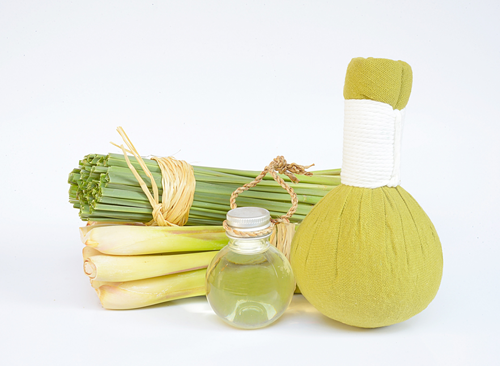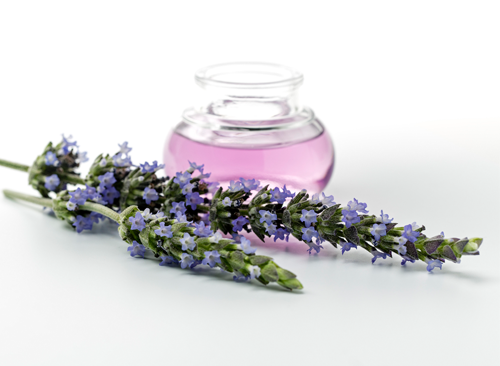By Patricia Danflous
If your mother tells you one more time to “slow down and smell the roses,” don’t roll your eyes behind her back. That cliché advice is absolutely accurate.
The queen of essential oils, rose is known for regenerating cells, nourishing the emotions, treating stress and PMS, and frequently used as an aphrodisiac.
For thousands of years, aromatherapy, or essential oil therapy, has been associated with increased well-being. Recognized today as a significant holistic complement to contemporary medicine, the practice is proving effective for a wide range of physical and emotional health issues.
According to the National Association for Holistic Aromatherapy (NAHA), aromatherapy is the art and science of utilizing naturally extracted aromatic essence from plants to balance, harmonize and promote a healthy body, mind and spirit.
In her book Healing Groovy, Aromatherapist and Holistic Practitioner Sandra Sigur, LMT, CYL, SCS, explains that aromatherapy is the harvesting of essential oils from plants, flowers, roots, barks and herbs and applying those oils therapeutically.
“Essential oils are inhaled to activate the limbic system, used with a carrier oil (such as coconut, jojoba, almond) to massage into the skin or added to bath water to ease pain and encourage circulation and relaxation,” she reports. “The molecular structure of essential oil is so small that it can cross the blood-brain barrier, making it easily absorbed to reach the organ, gland, muscle and/or emotion you are trying to connect with.”
Although there are numerous choices and hundreds of aromatherapy applications for essential oils, Sigur recommends peppermint, lemongrass and lavender as the best for an aromatherapy first aid kit.

Peppermint relieves nausea, soothes muscular aches and pains, reduces or relieves migraines and also boosts energy. Lemongrass has cleansing properties and may be used as an antiviral or insect repellent. The calming effects of lavender reduce anxiety and aids wound healing, burns, cell regeneration, insect bites and general skin care.
Depending on the condition you want to address, essential oils should be used in safe dilutions. Some oils may not be appropriate for children – children under 30 months should not use peppermint, for example – and the elderly may require significant dilutions when applying it to their skin.
Essential oils
Essential oils have been used for centuries around the world to heal in places like Egypt, China, India, Rome, Greece, Persia and Europe, to name a few of these early locations. Today, many still see the merits in a holistic approach to healing or the benefits in using natural remedies alongside Western medicine. To make a beginner’s healing kit, start by purchasing lavender, peppermint, bergamot, tea tree, clove, rosemary and eucalyptus essential oils.
Aromatherapy is proving effective for a wide range of physical and emotional health issues
If you are interested in incorporating aromatherapy into your lifestyle, consult an aromatherapist or learn more from NAHA at www.naha.org.




